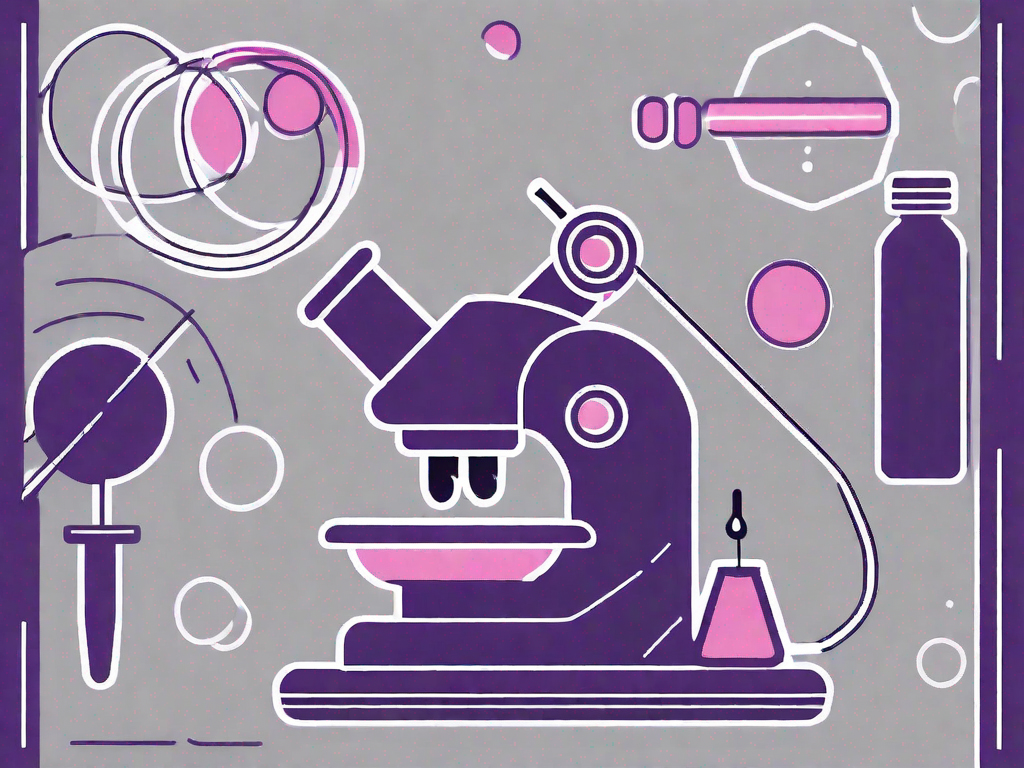A Pap smear is a vital screening test for detecting early signs of cervical cancer. It involves collecting cells from the cervix to check for abnormalities. Starting at age 21, women are advised to undergo Pap smears, with the frequency varying based on age and medical history. For women over 30, combining Pap smears with HPV testing can extend the interval between tests. Preparation is simple: avoid douching, tampons, or sexual activity 48 hours prior to the test. The procedure is quick, with some experiencing mild discomfort. Effective communication with healthcare providers and relaxation techniques can ease anxiety. Regular Pap smears offer early detection, peace of mind, and better treatment outcomes. While risks are minimal, they’re overshadowed by the test’s benefits. Alongside Pap smears, HPV vaccination is recommended, targeting strains that cause cervical cancer. Regular screenings and vaccinations are crucial for cervical cancer prevention, empowering women to take charge of their health.
Regular cervical cancer screening is crucial for maintaining women’s health. A Pap smear, also known as a Pap test, is a simple and effective screening test that can detect early signs of cervical cancer. By understanding what a Pap smear entails and why it is important, women can take charge of their health and reduce their risk of developing cervical cancer.
What is a Pap Smear and Why is it Important for Women’s Health?
A Pap smear is a medical procedure that involves collecting cells from the cervix to examine for any abnormalities that could indicate the presence of cervical cancer or pre-cancerous cells. It is a quick and relatively painless procedure that can be performed by a healthcare provider during a routine gynecological exam.
Early detection of cervical cancer is vital for successful treatment and prevention of further complications. By identifying abnormal cells early on, medical professionals can intervene with appropriate measures and prevent the progression of cervical cancer. Regular Pap smears can help detect any changes in the cervix before they turn into cancer, allowing for early treatment and better outcomes.
How Often Should You Have a Pap Smear?
The frequency of Pap smear screenings depends on various factors, such as age and personal medical history. Generally, it is recommended that women start getting Pap smears at the age of 21, regardless of their sexual history. For women between the ages of 21 and 29, it is usually recommended to have a Pap smear every three years.
Women aged 30 and older may have the option to extend their screening intervals to every five years if they undergo combined testing for human papillomavirus (HPV) along with the Pap smear. However, it is essential to consult with a healthcare provider to determine the right screening schedule based on individual circumstances.
Preparing for Your Pap Smear: What to Expect
Preparing for a Pap smear is straightforward and requires minimal effort. It is advisable to avoid douching, using tampons, or engaging in sexual intercourse for at least 48 hours before the test. These activities can interfere with the accuracy of the results.
During the procedure, you will be asked to lie on an examination table while your healthcare provider gently inserts a speculum into the vagina to obtain a clear view of the cervix. A small brush or spatula is used to collect a sample of cells from the cervix, which is then sent to a laboratory for analysis.
Although some women may experience mild discomfort or a slight sensation of pressure during the test, the actual process is generally quick and straightforward. If you have any concerns or anxieties about the procedure, do not hesitate to discuss them with your healthcare provider beforehand. They can provide reassurance and information to help ease your worries.
Tips for Making Your Pap Smear Experience Easier
For many women, the idea of a Pap smear can be stressful or uncomfortable. However, there are steps you can take to make the experience more manageable:
- Communicate with your healthcare provider: Inform your healthcare provider about any worries or anxieties you may have. They can provide guidance and support throughout the process.
- Practice relaxation techniques: Deep breathing exercises or meditation can help calm your mind and relax your body during the procedure.
- Wear comfortable clothing: Opt for loose-fitting clothes to ensure you feel at ease during the appointment.
- Bring a support person: If it helps, consider bringing a trusted friend or family member to accompany you during the test.
Remember, your healthcare provider is there to support you and answer any questions you may have. Open communication and a positive mindset can go a long way towards making your Pap smear experience more comfortable.
The Benefits of Regular Pap Smear Screenings
Regular Pap smear screenings offer numerous benefits:
- Early detection: Pap smears can detect any abnormal changes in the cervix before they develop into cervical cancer.
- Peace of mind: Regular screenings provide reassurance and help women feel proactive about their health.
- Potential for better treatment outcomes: Early detection allows for timely intervention and increased chances of successful treatment.
By prioritizing Pap smears and staying consistent with screenings, women can take a proactive role in safeguarding their well-being and reducing the risk of cervical cancer.
Risks Associated With Pap Smears
While Pap smears are generally safe and have minimal risks, some women may experience mild discomfort or spotting after the procedure. These side effects typically subside within a day or two. In rare cases, complications such as infection or bleeding may occur. However, the benefits of regular screenings outweigh the risks, making Pap smears an essential aspect of women’s healthcare.
Cervical Cancer Prevention and Vaccination
Alongside regular Pap smears, the doctor may also recommend a human papillomavirus (HPV) test, to test for the presence of a cancer-causing virus in the cervix. Vaccination against HPV is another crucial preventive measure for cervical cancer. HPV is a common sexually transmitted infection that can lead to the development of cervical cancer. Vaccines such as Gardasil and Cervarix target specific strains of HPV and can significantly reduce the risk of cervical cancer.
Consult with your healthcare provider to determine if the HPV vaccine is right for you, especially if you are within the recommended age range for vaccination (typically between 9 and 26 years old). Combined with regular Pap smears, vaccination can further enhance your protection against cervical cancer.
Conclusion and Takeaway
Understanding the significance of Pap smears and cervical cancer screening is key to taking control of your health. Regular screenings, along with vaccination and follow-up care when needed, play a crucial role in preventing and detecting cervical cancer at an early stage.
By prioritizing your well-being and staying consistent with screenings, you can empower yourself with the knowledge and proactive measures needed to maintain optimal health and reduce the risk of cervical cancer. Remember, your healthcare provider is an invaluable resource, so do not hesitate to reach out for guidance and support.


